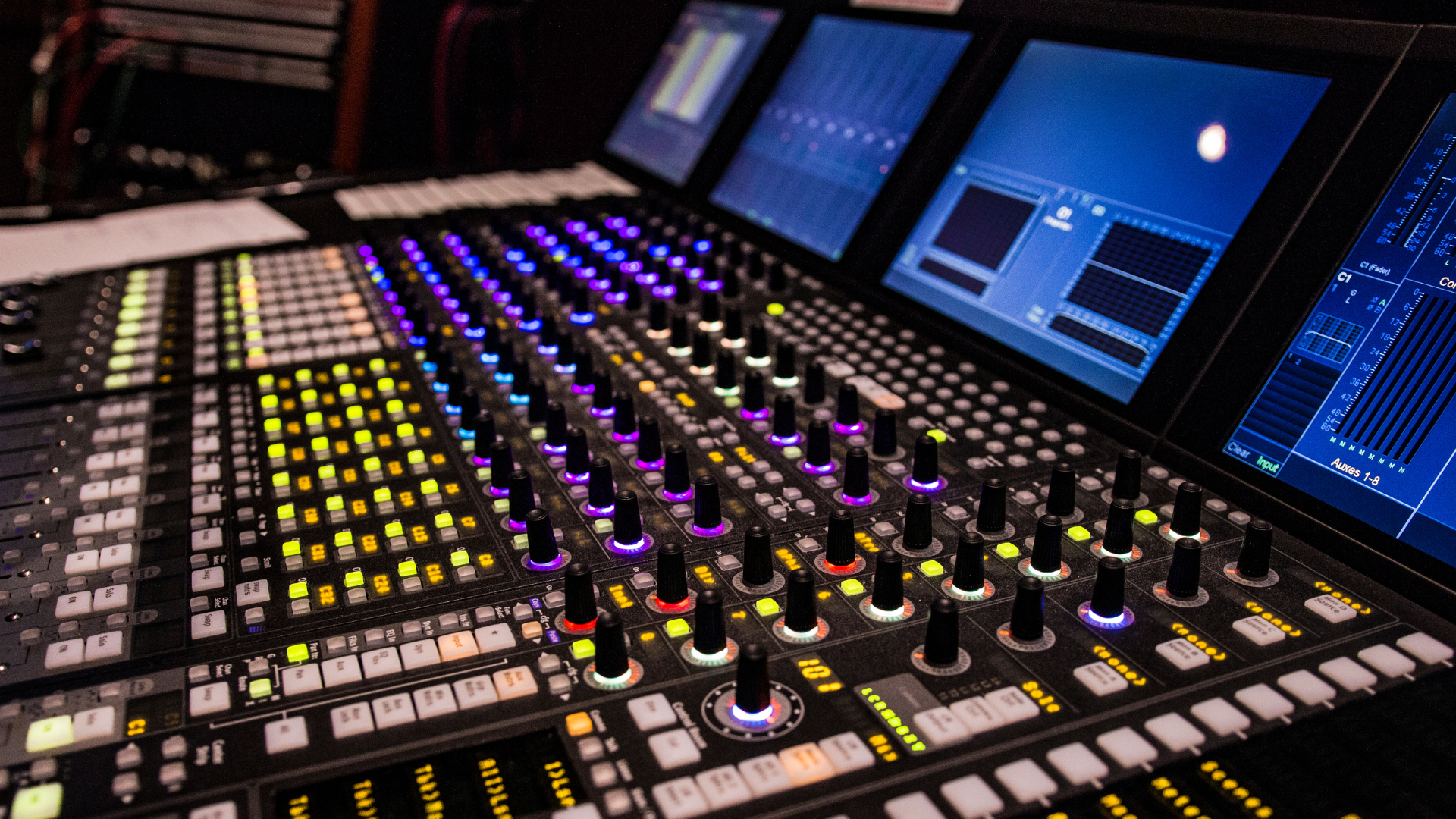Music is one of the most popular forms of expression. Whether we’re listening to our favorite music on our phones or headphones or dancing to the beat at a concert, music brings people together. And it’s not just a popular pastime – music technology is essential for creating, recording, and distributing music.
In this blog post, we’ll be discussing some of the amazing ways that music technology and audio production are intertwined. From live performance recording to songwriting and production software, we’ll explore just how interconnected these two fields are. So whether you’re a musician interested in learning more about how technology can help you create great music or an audio engineer looking to learn more about how technology helps make your music sound great, this post is for you!
What is the relationship between music technology and audio production?
Music technology and audio production are so intertwined that it is practically impossible to discuss one without discussing the other. Music technology is used in audio production in order to make recordings that are both accurate and error-free. Music technology also allows for the creation of new sounds and styles of music, which can then be used in audio productions. Audio production is necessary for the accurate reproduction of sound, which is essential for creating a quality listening experience. This is one of the key reasons why professional artists will look to record their songs and albums at places like LMNL Studios, so that there are no discrepancies in overall quality of the production. In addition, audio production allows for the incorporation of music into video and multimedia content, which can create an engaging experience for viewers.
How has music technology changed over the years?
Music technology has evolved over the years in order to create a more immersive listening experience for listeners. Early music technology was designed to play specific notes at specific times, which limited the creativity of composers. As time went on, music technology became more advanced and allowed for more customization and control over how music is heard.
Today’s music technology allows for a much more immersive listening experience by allowing users to control aspects of the audio, such as volume, equalization, and sound effects. For musicians and producers, having the right equipment, like a hydraulic variable height Piano Stool, can enhance comfort and precision during long studio sessions by adjusting to the ideal height. This allows for a more personalized listening experience that takes into account the individual preferences of each listener. Additionally, newer music technologies allow for recordings to be made in multiple formats, which allows for a wider variety of music to be enjoyed.
What are some of the latest advances in music technology?
There’s no doubt that music technology and audio production are increasingly intertwined. From digital audio workstations (DAWs) that allow for easy tracking, mixing, and mastering of tracks, to headphones that offer superior sound quality, there’s a lot of innovation happening in the world of music technology.
However, it wasn’t always this way. For example, early portable recording devices used cassette tapes as their storage medium, which resulted in low sound quality. In recent years, however, advances in music technology have led to high-quality recordings being possible on devices like smartphones. This is thanks to improvements in audio compression and encoding technologies, as well as better microphones and sound reproduction equipment.
In addition to making high-quality recordings possible on smaller devices, advances in music technology have also led to more creative uses for audio. For example, virtual reality (VR) headsets now allow users to experience music videos or concerts in a whole new way. Additionally, audio analytics has enabled musicians and producers to track listener engagement with their work in ways that were previously impossible. This information can then be used to improve the overall experience for listeners by tweaking the playback settings or adding additional content.
Overall, there’s no doubt that music technology is evolving at an unprecedented rate and is set to continue doing so for years to come. As such, anyone interested in working with audio should stay up-to-date with the latest developments in the field.
How does audio production impact music technology?
Audio production and music technology have a long history of intertwined development. From the early days of recording instruments onto wax discs to modern digital audio workstations, the two fields have always been inextricably linked. While there are many reasons for this connection, one of the most important is that both fields rely heavily on physical analog components to create their sounds.
As digital audio workstations and other music production tools have become more sophisticated, it’s become increasingly difficult to replicate the nuanced sound qualities of traditional recordings. This has led to increasing demand for high-quality audio production services from musicians and engineers alike.
In addition, technological advances in music playback hardware have made it easier than ever for listeners to experience music in all its glory. Thanks to advancements in digital signal processing (DSP), devices like Sonos and Alexa now allow users to stream high-quality audio directly from their computers or smartphones.
Overall, audio production and music technology are deeply interconnected and continue to advance together at a rapid pace.
Are there any benefits to using music technology in audio production?
There are many benefits to using music technology in audio production, such as improving the accuracy and speed of edits, creating unique sound effects, and enhancing overall sound quality. Music technology can also help producers create cohesive mixes, making it easier to hear the entire song or project from start to finish.
Additionally, music technology can be used to enhance video content by adding sound effects and background music that helps set the tone and provide a sense of cohesion. Overall, music technology is an essential tool for audio professionals, who can use it to create stunning projects that are both accurate and professional-looking.





